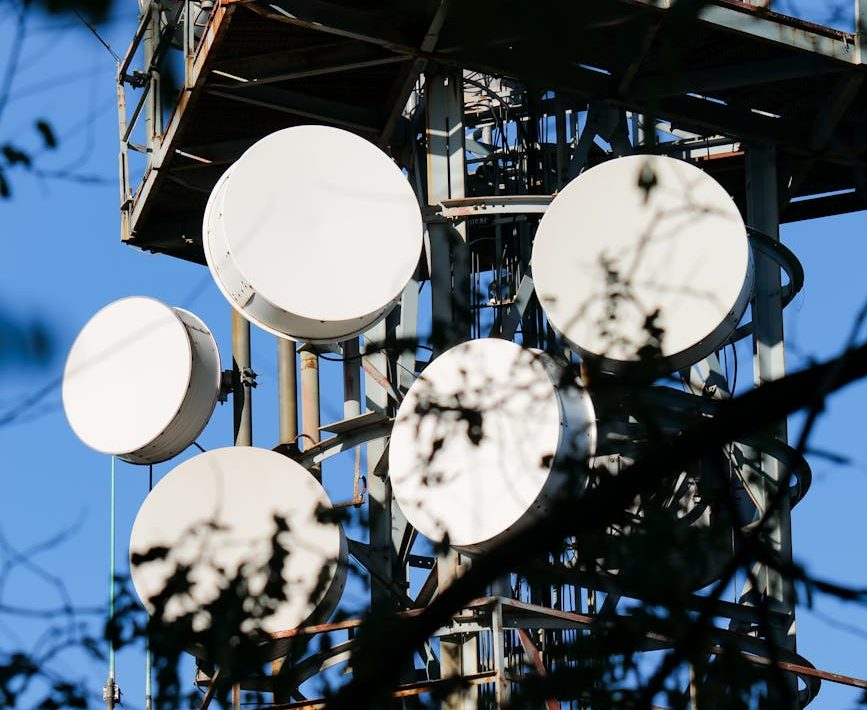Nigeria Targets 25% GDP Contribution from ICT Sector by 2030
Minister of Communications, Innovation, and Digital Economy said the ICT sector already contributed 17.68% to GDP in the fourth quarter of 2024, with telecommunications accounting for 14.4%.

Photo by Vladimir Srajber
The Federal Government says it is aiming for the information and communications technology (ICT) and digital economy sector to contribute 25% of Nigeria’s Gross Domestic Product (GDP) by 2030.
Minister of Communications, Innovation, and Digital Economy, Dr. Bosun Tijani, announced the target during a stakeholders’ session on the proposed National Digital Economy and E-Governance Bill in Abuja.
Tijani said the ICT sector already plays a major role in the economy, contributing 17.68% to GDP in the fourth quarter of 2024, with telecommunications accounting for 14.4%. He explained that the new target is part of the government’s strategy to accelerate digital transformation and create new opportunities across industries.
“Our goal is to increase ICT’s contribution to GDP to 25% by 2030,” Tijani stated. “We are committed to building the right policies, infrastructure, and human capacity to make this happen.”
According to official data, Nigeria’s telecom industry has grown rapidly over the past two decades, expanding from a few hundred thousand phone lines in 2001 to more than 169 million active lines today. Broadband penetration has also reached 48.15%, enabling growth in mobile banking, online learning, e-health, and digital commerce.
The government believes these gains can be consolidated through stronger policy frameworks and new investments.
The National Digital Economy and E-Governance Bill, currently under review, is designed to provide a legal framework for digital services, transactions, and emerging technologies.
Officials say the bill will support innovation in artificial intelligence, cybersecurity, cloud computing, and data governance, while also improving transparency in public service delivery.
The Minister noted that the bill would also help attract private-sector investment by clarifying regulations in the digital space.
The Nigerian Communications Commission (NCC) is also implementing reforms to support the government’s target. Under the leadership of Executive Vice Chairman Aminu Maida, the Commission has prioritised broadband expansion, licensing transparency, and investor confidence.
Maida has previously said that telecom reforms could boost the sector’s GDP contribution to as much as $25 billion in the coming years.
Beyond its economic impact, the ICT sector is expected to generate thousands of jobs, particularly for young people.
The government has launched the 3 Million Technical Talent (3MTT) programme to train Nigerians in key digital skills such as software engineering, artificial intelligence, and cybersecurity. Officials say this initiative will provide the workforce needed to sustain growth in the digital economy.
If the 25% contribution target is achieved by 2030, ICT would rank alongside oil and agriculture as one of the country’s leading economic pillars.



